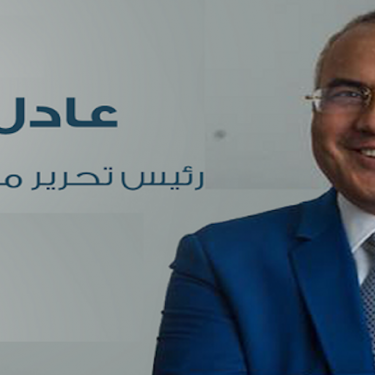Egyptian and foreign media harassed over electoral fraud stories

Reporters Without Borders (RSF) calls on the Egyptian authorities to stop harassing Egyptian and international media that mention claims of electoral fraud, including vote-buying, in their coverage of last month’s election, in which President Abdel Fattah al-Sisi was reelected with 97% of the vote, according to the official result.
The Egyptian authorities have tolerated no criticism of the elections, and have counter-attacked via the National Election Authority (NEA) and the Supreme Media Council (SMC), defending the use of material incentives as legitimate and accusing the media of acting in a non-professional manner.
Proceedings have been initiated against media outlets accused of publishing false news, some have been fined and an editor was arrested earlier this week.
“The Egyptian authorities seem to be living in an alternative reality in which nothing in Egypt merits criticism, an ideal fictional world in which journalists are the enemy,” RSF said. “We call on the authorities to let journalists do their job. Cracking down on journalists hurts Egypt’s image much more than any critical article.”
The government’s chief concern continues to be the Egyptian media. Adel Sabry, the editor of the news website Masr al Arabiya, has been held since 3 April, when members of the security forces closed the website’s offices on the grounds that it was operating illegally because it did not have a licence from the State Information Service (SIS).
According to Sabry’s lawyer, no such licence exists. The grounds on which Sabry is now being held provisionally are different. He is accused of promoting changes to the constitution by means of text and visual material, incitement to demonstrate and publishing false news.
Masr al Arabiya was previously fined 50,000 Egyptian pounds (2,300 euros) on 1 April for reproducing information from a New York Times article about alleged irregularities during the election.
Mohamed el Sayed Salah, the editor of the Egyptian daily newspaper Al Masry Al Youm, was fired by the newspaper’s management on 4 April. The newspaper was previously fined 150,000 Egyptian pounds (7,000 euros) and was forced to amend the headline of an article in its 29 March issue about the incentives used to get Egyptians to vote.
Complaints against foreign media
The authorities have also harassed international media. The news agency Reuters deleted an article from its website after the National Election Authority complained to the Supreme Media Council. This was not the first time that Reuters has been the target of such a complaint. The news agency was investigated over an article about Italian PhD student Giulio Regeni’s murder in 2016.
A similar complaint was brought against the New York Times over an article reporting that voters were paid between three and nine dollars to vote. The newspaper has not, however, removed the story from its website.
Egypt is ranked 161st out of 180 countries in RSF's 2017 World Press Freedom Index. Most of its independent media have been stifled, either by the blocking of their websites or by being brought under direct control. RSF’s website has been blocked within Egypt since August 2017.



